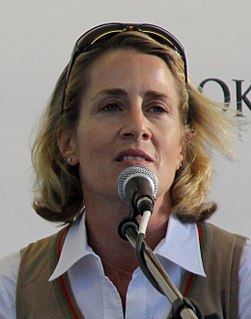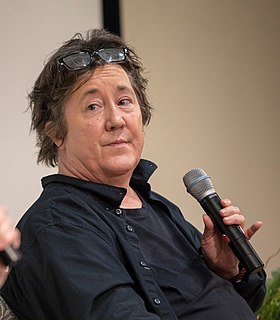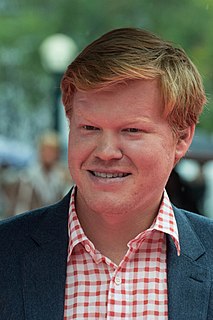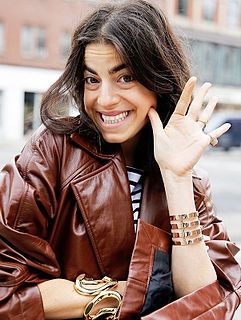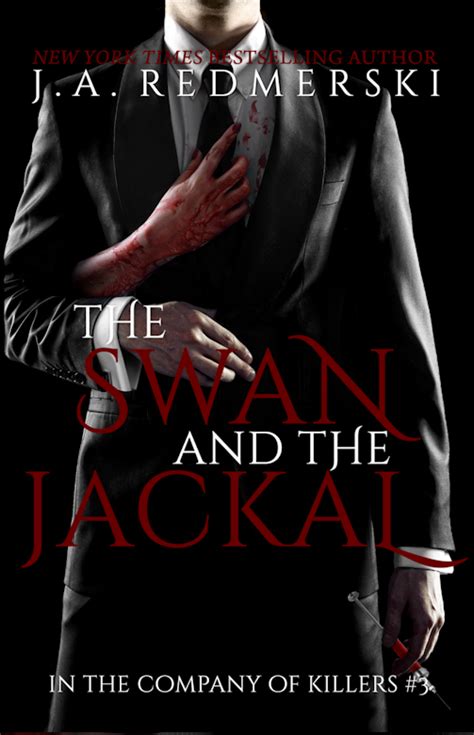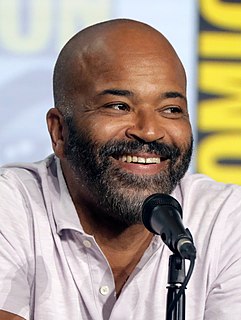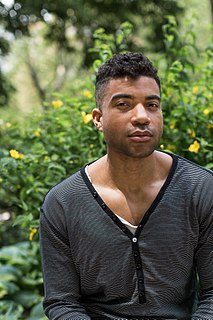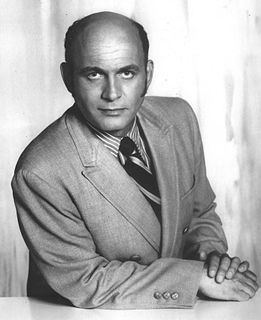A Quote by Richard Linklater
I was dating girls who were actresses, and that was fun, so I took a playwriting class. But that was short-lived. That was one year. Around that time, I was seeing movies that were making me think in terms of images.
Related Quotes
Making Superman was so hard. We were a year over schedule. We were there a year and a half, the first time. And in a year and a half, you go through everything you go through in a life. So you can't really go, "Oh, it must have been fun to work with Chris Reeve." In a year and a half, you bonded like a family, so you know someone far too well to think something as simplistic as "Oh, it's just fun." You know their secrets. I mean, it was everything. It was truly - it's a cliché to say we were family, but we really were.
I was 3 and a half, and there was an open call for a Coca-Cola commercial. We were living around Dallas, and my mom took me. I think they were calling for 16-year-olds that could ride horses and swing a rope, and for whatever reason, my mom took me up there when I was 3. But I always had a rope, and I was a little cowboy at that age.
I have never lived the way I lived during my short time with you. For the first time in my life, I’ve felt whole, alive, free. You were the missing piece of my soul, the breath in my lungs, the blood in my veins. I think that if past lives are real then we have been lovers in every single one of them. I’ve known you for a short time, but I feel like I’ve known you forever
When the movies first started, audiences were dumbstruck to see actresses walking around in evening gowns. They'd never seen anything like that. They wanted to be like those actors and actresses, so the movies informed their behavior. A lot of people started drinking martinis and smoking cigarettes because they felt it was cool.
It's always intrigued me that amidst the group called slaves there were individuals who were extremely able, who were extremely colorful, who were powerful personalities, who by no means fit the usual images of slaves. They were people who, through their personalities and abilities, were very respected in the community where they lived by both black and white.
Making photographs that dealt with the understanding of who I am as a gay man and dealt with the process of accepting that, and also accepting what I'm into sexually, what sexually arouses me. So I was making these images not necessarily knowing what they were about, but just putting it out there - that mode of thinking or consideration of my own desires, and also the much larger conversation around images that deal with ideas of sexuality and how those images are distributed and then accepted or understood by whoever is viewing those images.

